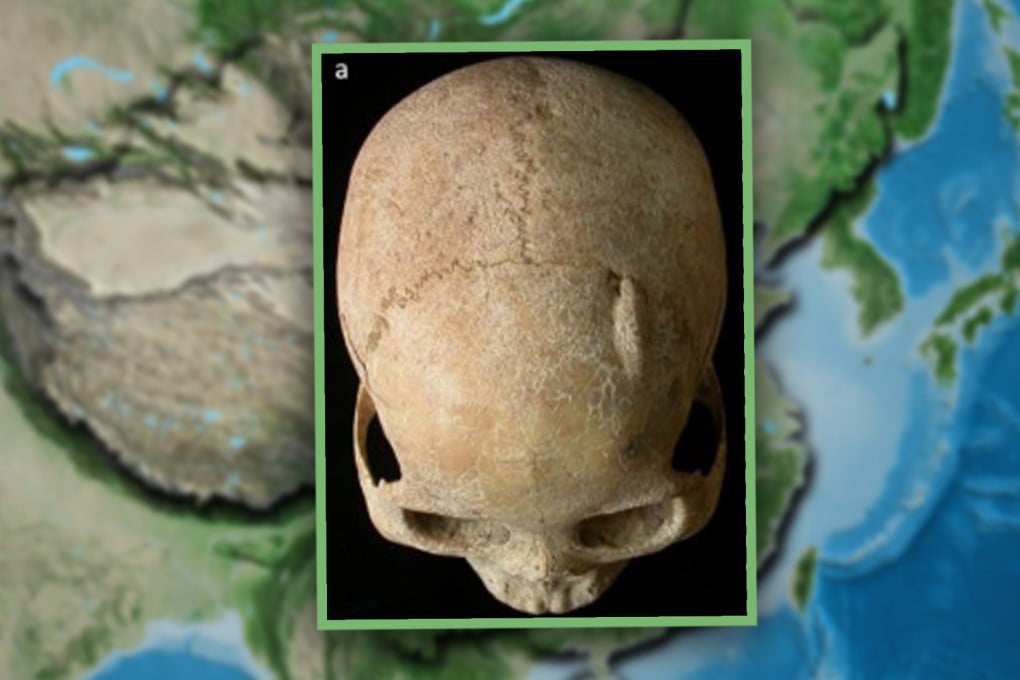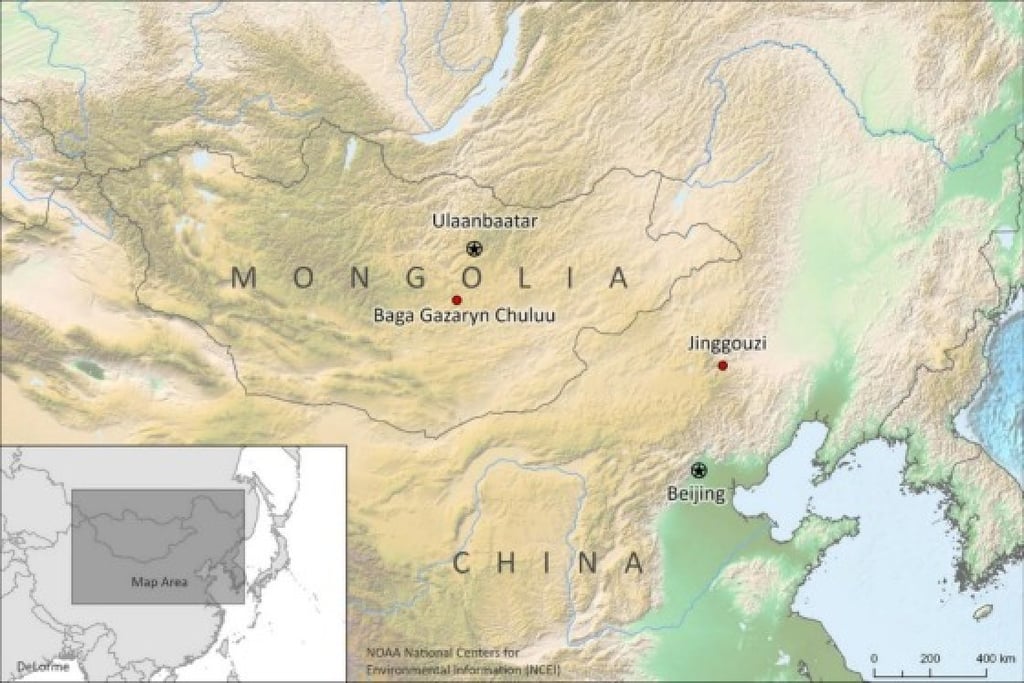Archaeologists reveal remarkable tales of resilience among women throughout China’s history
Cases of cranial violence and hip dysplasia showcased how much these women had to overcome

The ongoing Paralympics exemplifies extraordinary human resilience, showcasing athletes with impairments, disabilities, and permanent injuries as they compete at the highest level.
This remarkable resilience has been a vital part of the human experience for thousands of years.
A study published on June 5 in the journal Archaeological Research in Asia tells the story of toughness among ancient women.
It pinpointed two case studies. One was about five women from Inner Mongolia who experienced a traumatic cranial injury, and the other, a single individual from the northern stretches of the Gobi Desert who navigated a challenging landscape despite having hip dysplasia.

“The investigation of human resilience, that is, the capacity to recover quickly from stressful conditions and situations, to even thrive, provides meaningful insights into human adaptation and strategies for coping with a myriad of challenges, including those that may be societal or environmental in nature,” the study authors wrote.
